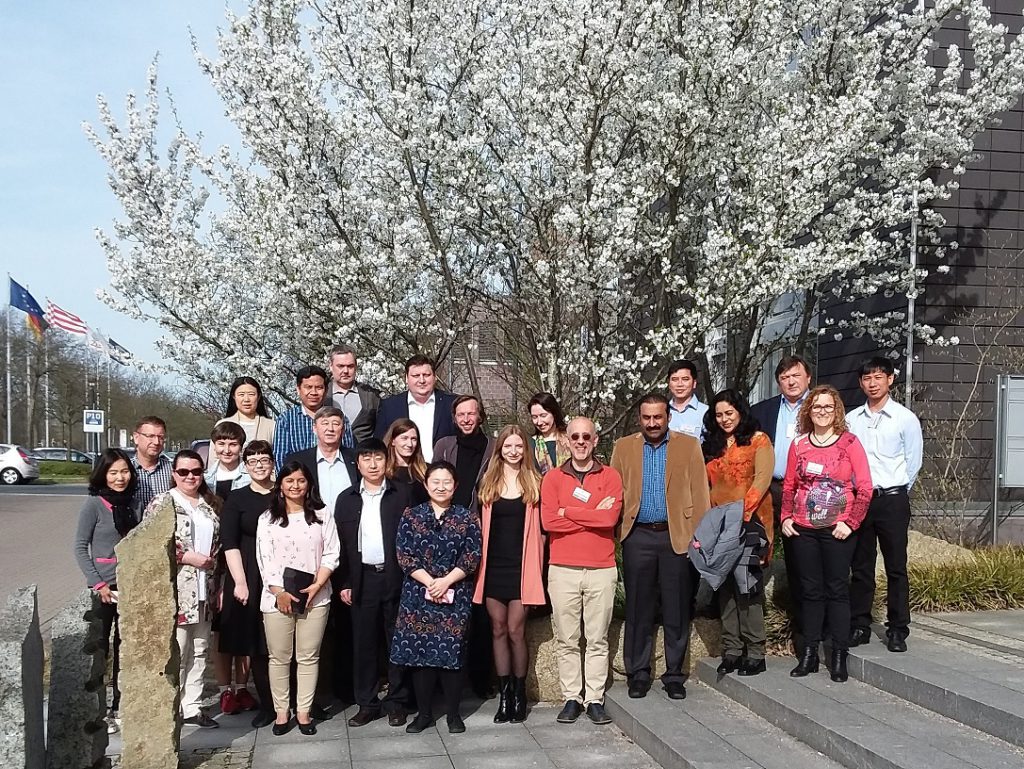05/04/2018
The URV coordinates an ERASMUS+ project for dual learning in engineering
Laureano Jiménez and Dieter T. Boer coordinate an Erasmus+ project to share and implement some of the European practices related to dual education in different regions

Laureano Jiménez and Dieter T. Boer coordinate an Erasmus+ project to share and implement some of the European practices related to dual education in different regions
The project “Towards Excellence in Engineering Curricula for Dual Education (TEEDE)” has 16 partners from 9 different countries (Belgium, Cambodia, China, Finland, Germany, India, Italy, Russia and Spain).
One of the approaches to strengthening links between employers and higher education institutions is to develop dual education, a system that has been used in vocational training for decades. Trainees divide their time more or less equally between the classroom and on-the-job training. Dual learning systems exist in most EU countries, but their practical application is very marginal, Germany and Austria being the exceptions. They are also popular in Switzerland and, more recently, in South Korea.
The main output of the TEEDE project will be to upgrade/develop curricula in different engineering trades. This will be possible by developing methodological guidelines for professions and qualifications that are based on an analysis of the economic needs of the countries involved. The first decisions to be taken concern the level (either master’s or bachelor’s degree), the approach (whether to reformulate or create a new programme), and the method (whether to offer a parallel track in an existing school-based scheme).
One of the challenges of the project is to include all stakeholders in the decision-making process, as the most crucial aspect of the system’s effectiveness will be close collaboration between industry and higher education institutions. Many problems will have to be overcome in this regard and all partners will have to learn from this process, as the procedures, regulations and approaches of universities and companies are very different. All stakeholders involved will have to learn about flexibility, reliability and building a trust relationship. On top of that, some invisible but existing cultural barriers arising from the diversity of the group will have to be managed properly, which is a very enriching experience for all researchers.
Acknowledgements
This project has been co-funded with the support of the Erasmus+ Programme of the European Union (573896-EPP-1-2016-1-ESEPPKA2-CBHE-JP).
More news about: dual learning, Erasmus+ KA2 projects, TEEDE project
